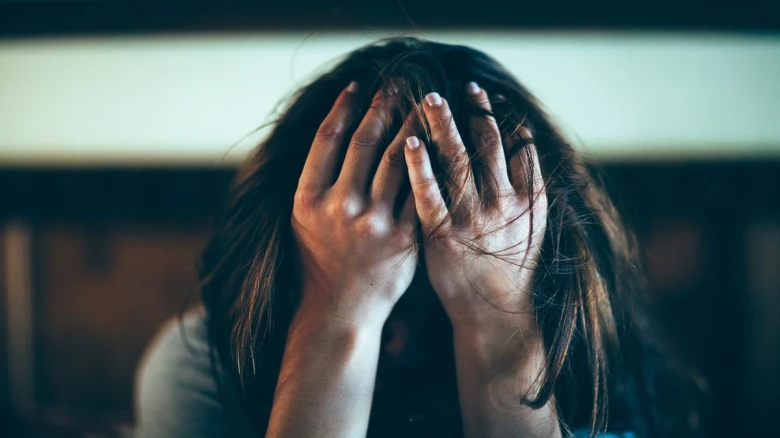Anxiety is a complex emotional state characterized by feelings of apprehension, worry, and unease......
Digital desk: Anxiety is a common emotion experienced by individuals in response to stressors such as impending deadlines, social situations, or financial worries. While occasional anxiety is a normal part of life, persistent and excessive anxiety can have detrimental effects on mental and physical well-being. Understanding the nature of anxiety, its effects, and strategies for managing it is essential for maintaining a balanced and healthy lifestyle.
Anxiety is a common and manageable condition that affects millions of individuals worldwide. By understanding the nature of anxiety, recognizing its effects, and implementing effective coping strategies, individuals can reduce its impact on their lives and promote overall well-being. Remember that seeking help is a sign of strength, and there are numerous resources available to support those struggling with anxiety. With patience, perseverance, and support, it is possible to overcome anxiety and lead a fulfilling life.
Defining Anxiety
Anxiety is a complex emotional state characterized by feelings of apprehension, worry, and unease. It can manifest in various forms, including generalized anxiety disorder (GAD), panic disorder, social anxiety disorder, and specific phobias. Symptoms of anxiety may include restlessness, irritability, difficulty concentrating, muscle tension, and sleep disturbances.
Effects of Anxiety
The effects of anxiety can permeate every aspect of life, impacting relationships, work performance, and overall quality of life. Persistent anxiety can lead to chronic stress, which increases the risk of developing other health problems such as cardiovascular disease, gastrointestinal issues, and compromised immune function. Furthermore, untreated anxiety can exacerbate mental health conditions such as depression and substance abuse disorders.
Strategies for Relief
While overcoming anxiety may seem hard, there are several strategies that individuals can employ to alleviate its symptoms and regain control of their lives:
1. Deep Breathing and Relaxation Techniques: Practice deep breathing exercises, progressive muscle relaxation, or mindfulness meditation to promote relaxation and reduce physiological arousal associated with anxiety.
2. Regular Exercise: Engage in regular physical activity such as walking, jogging, yoga, or swimming to release endorphins and alleviate stress.
3. Healthy Lifestyle Habits: Prioritize adequate sleep, maintain a balanced diet, limit caffeine and alcohol consumption, and avoid smoking to support overall well-being and resilience to stress.
4. Cognitive-Behavioral Therapy (CBT): Seek guidance from a therapist trained in CBT, a highly effective therapeutic approach for identifying and challenging negative thought patterns and behaviors associated with anxiety.
5. Social Support: Lean on friends, family members, or support groups for emotional support and encouragement during difficult times.
6. Time Management and Stress Reduction Techniques: Break tasks into manageable steps, prioritize responsibilities, and schedule regular breaks to prevent feeling overwhelmed by deadlines and commitments.
7. Limit Exposure to Triggers: Identify specific triggers that exacerbate anxiety and develop strategies to minimize exposure or cope with them effectively.
8. Professional Help: Consult a mental health professional if anxiety significantly interferes with daily functioning or persists despite self-help efforts. A therapist or psychiatrist can provide personalized treatment options, including medication, if necessary.

Leave A Comment